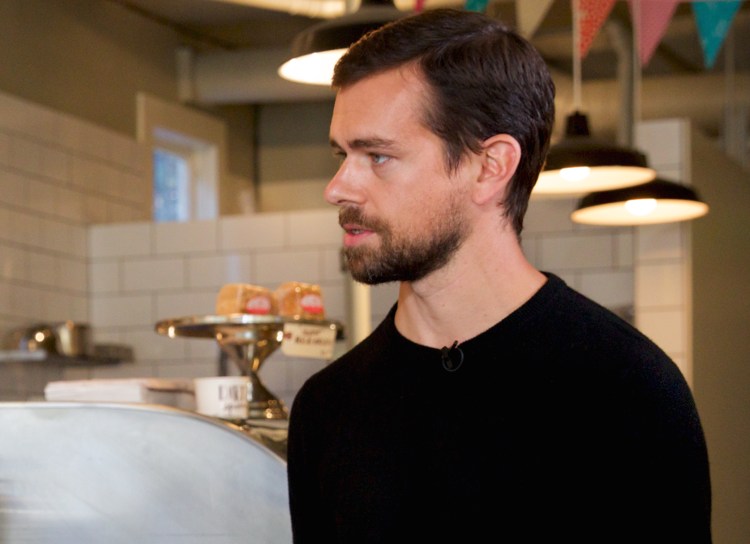Want smarter insights in your inbox? Sign up for our weekly newsletters to get only what matters to enterprise AI, data, and security leaders. Subscribe Now
Yes, that’s not a typo. Everyone, of course, is asking the other question: Can Jack Dorsey save Twitter?
But in reality, with the man set to return as CEO, Dorsey’s reputation is just as much at stake as the company that he cofounded. As recounted in Nick Bilton’s brilliant book on the company, “Hatching Twitter,” Dorsey sort of stumbled into a good idea back in 2006 and then rode the wave until he crashed.
Fortune has a good summary of Dorsey’s saga as recounted by Bilton here. Bad manager. Unliked. And then, fired in 2008.
Living well is the best revenge. And Dorsey seemed to take this to heart by cofounding Square, the payment company. But the once-hot company has cooled considerably, leaving open questions about its future and whether it can live up to its initial hype.
Rather than doubling down on Square, Dorsey has continued to find ways to meddle in Twitter’s affairs. Even, according to Bilton’s book, leading the campaign to get Ev Williams tossed out as CEO, a move that led to the hiring of Dick Costolo, and this in 2011:
Today I'm thrilled to get back to work at @Twitter leading product as Executive Chairman. And yes: leading @Square forevermore as CEO. #200%
— jack (@jack) March 28, 2011
By this time, Dorsey had considerably fluffed his reputation, with people calling him the next Steve Jobs, applauding his fashion sense, and even suggesting he might run for mayor of New York City. Basically, he had become a Silicon Valley god.
Except a year or so later, in a profile of Costolo in the New York Times, we learned that, hey ho, many Twitter employees felt that Dorsey had to go. Again:
“Mr. Dorsey’s role has since been reduced after employees complained that he was difficult to work with and repeatedly changed his mind about product directions. He no longer has anyone directly reporting to him, although he is still involved in strategic decisions.”
And, in terms of being a presence, that story noted:
“Mr. Costolo says he looks to Mr. Dorsey for ideas and sometimes has to pull them out of him. Although Mr. Dorsey is a regular on the media circuit, appearing on CNN, as well as “Charlie Rose” and other programs, he tends to be quiet in meetings.
‘Dick does a good job of saying “Jack, what do you think?” ‘ says Michael Sippey, director of consumer product at Twitter. Mr. Sippey works with Mr. Dorsey to make sure that new features are ‘Twittery.’
So, now cometh Dorsey a third time to try to fixeth Twitter. While the company managed to go public, and is still quite popular, there remains a frustrating sense that it has never quite fulfilled its potential, either from a product or revenue standpoint.
At the same time, there’s Square, which remains, well, something or other.
If Dorsey pulls this off, and Twitter finally develops a Facebook-like golden touch for product development, then he will deserve the plaudits that will rain down on him. And if he goes 2-for-2, and Square hits it out of the park, then I will invent a new baseball metaphor to describe’s Dorsey managerial prowess.
Such a scenario would land him in the Steve Jobs Hall of Fame. (Ok, I’ll keep working on the metaphor.)
But if he doesn’t help these companies, especially Twitter, reach their potential, then Dorsey is going to be largely remembered as a person who experienced his own personal reputation bubble.
And in that future, the stories that define his legacy will be drawn largely from the category of “cautionary tale.”


